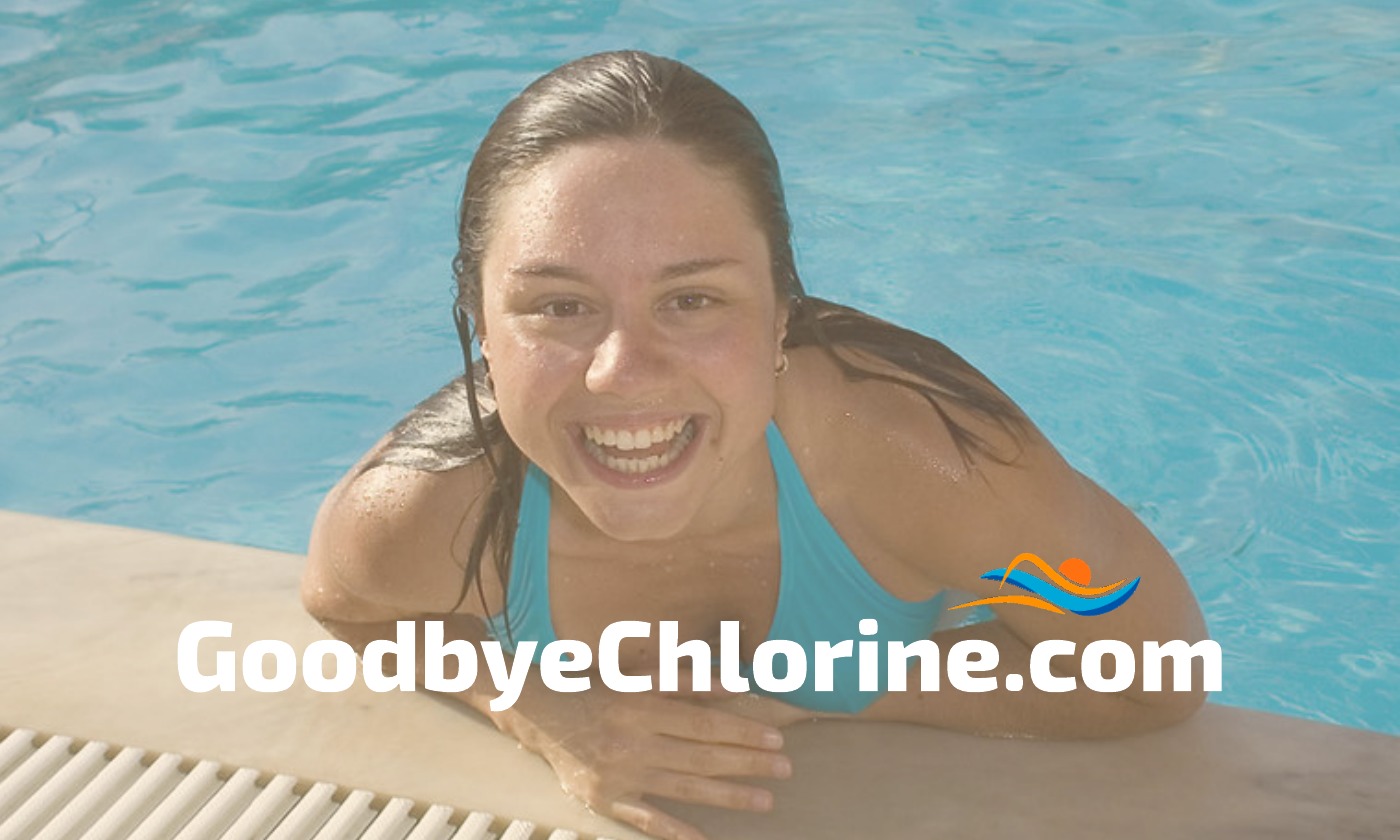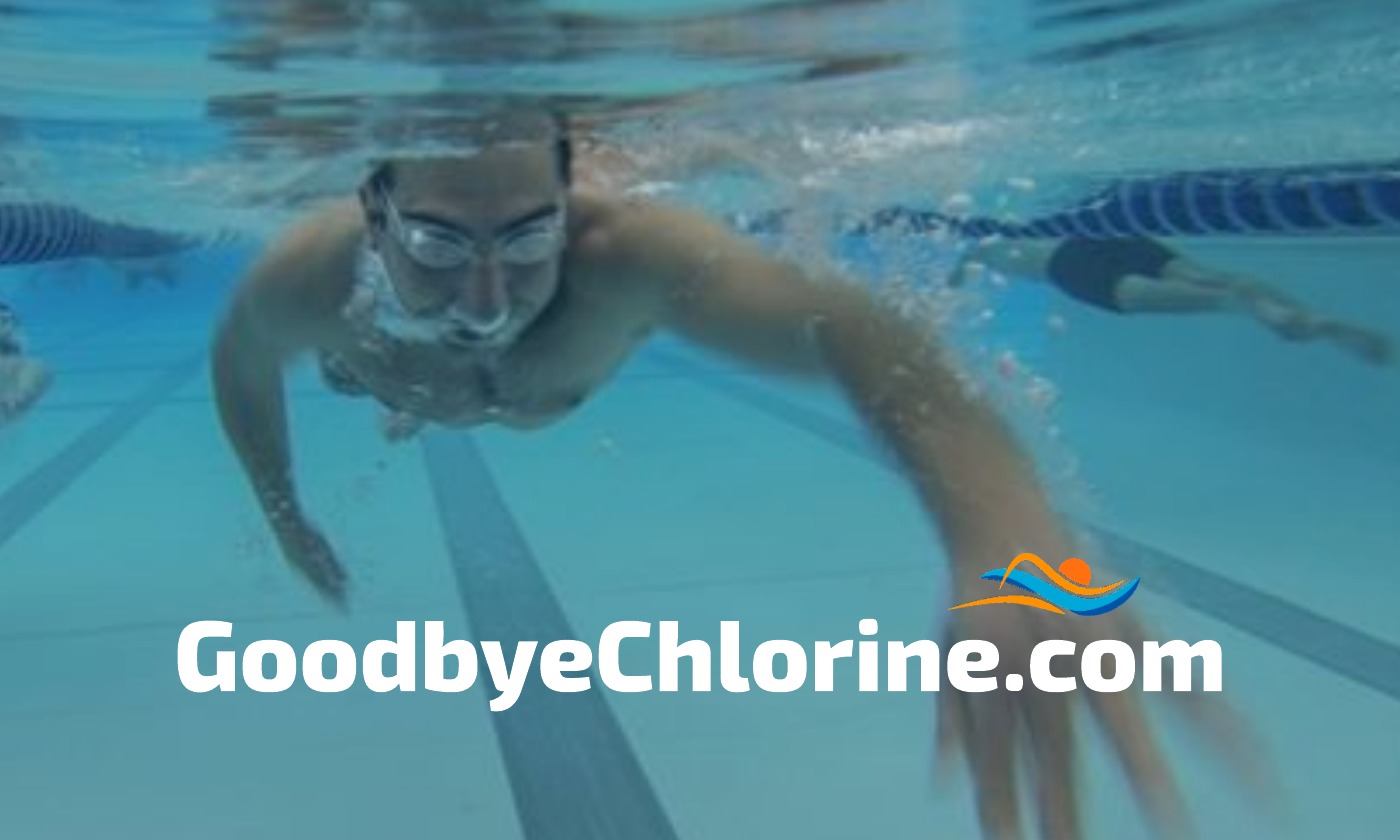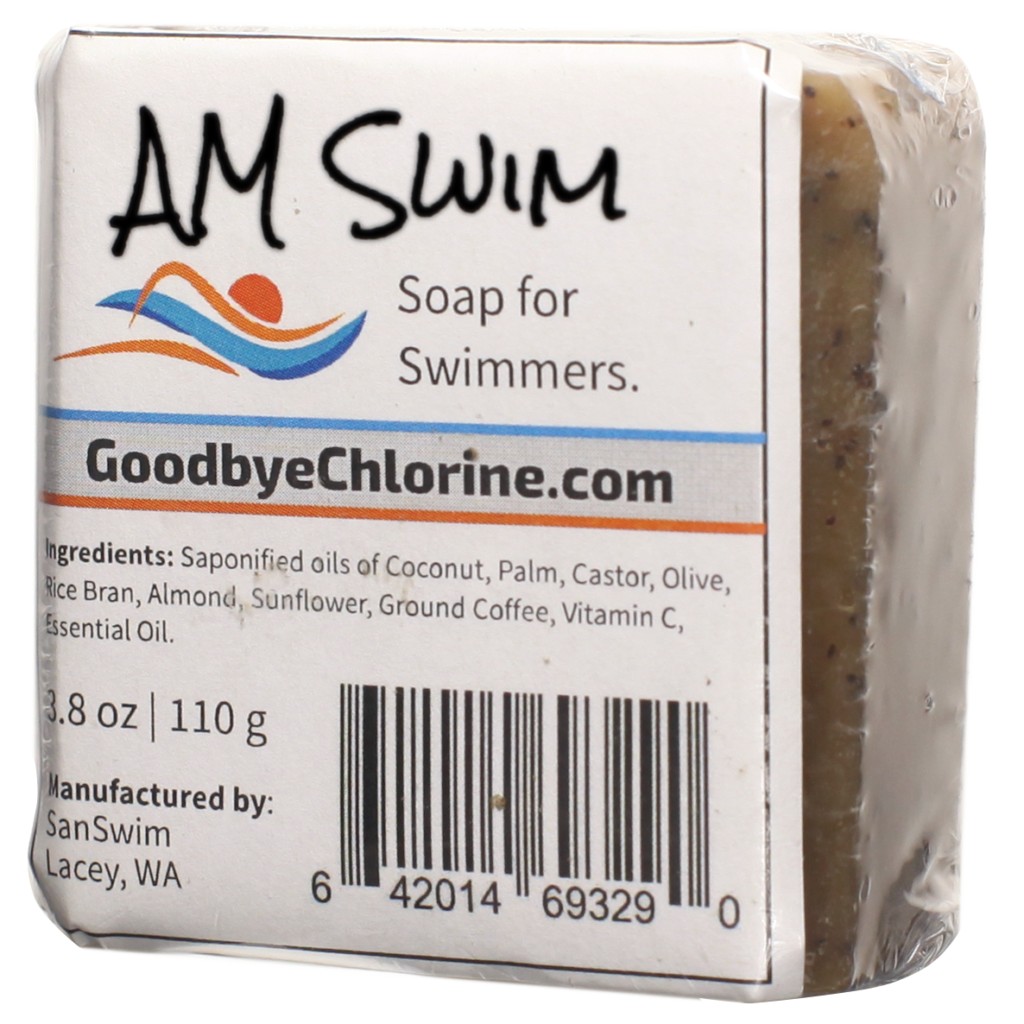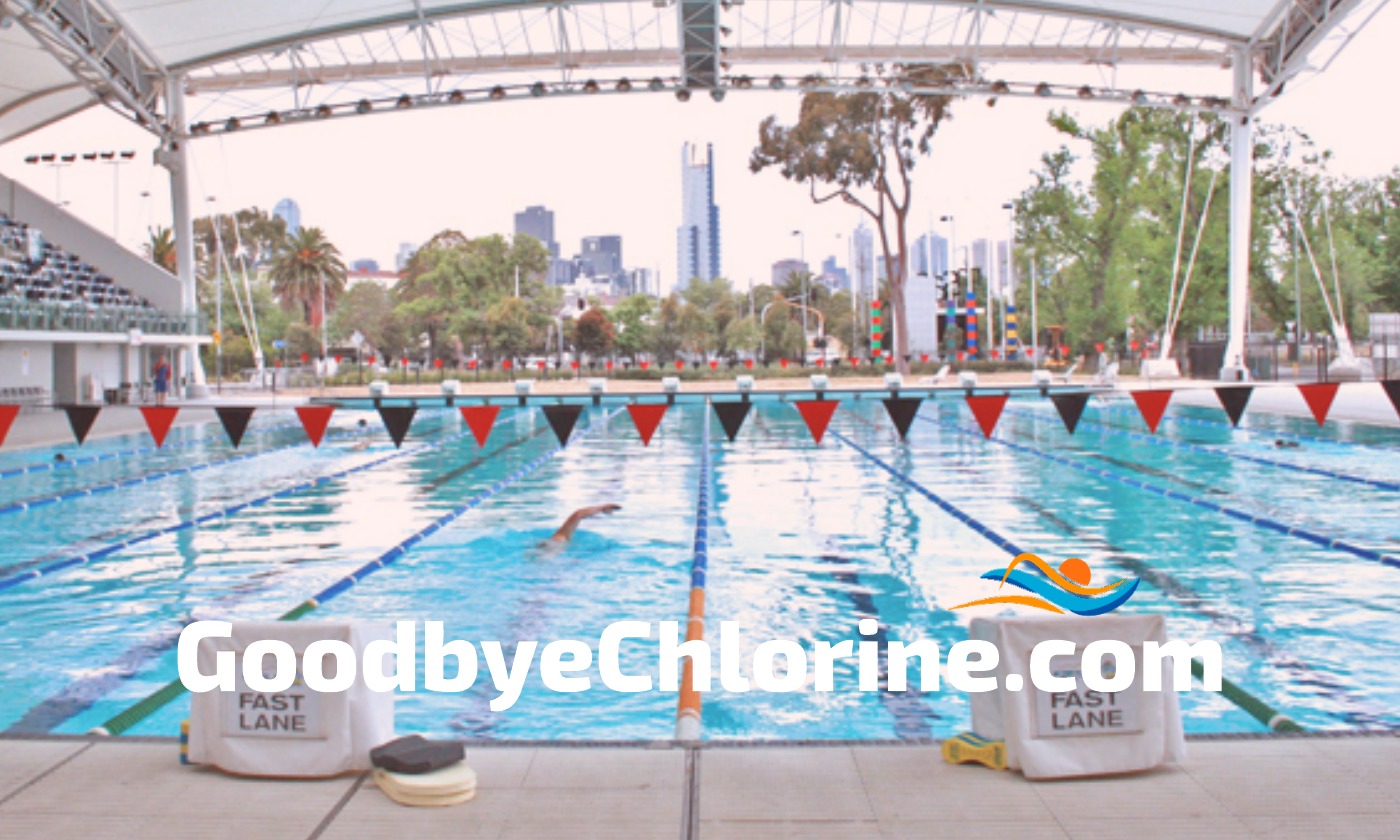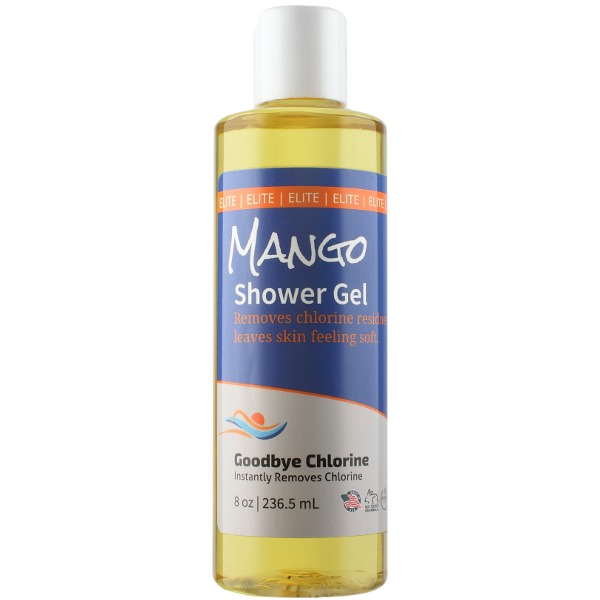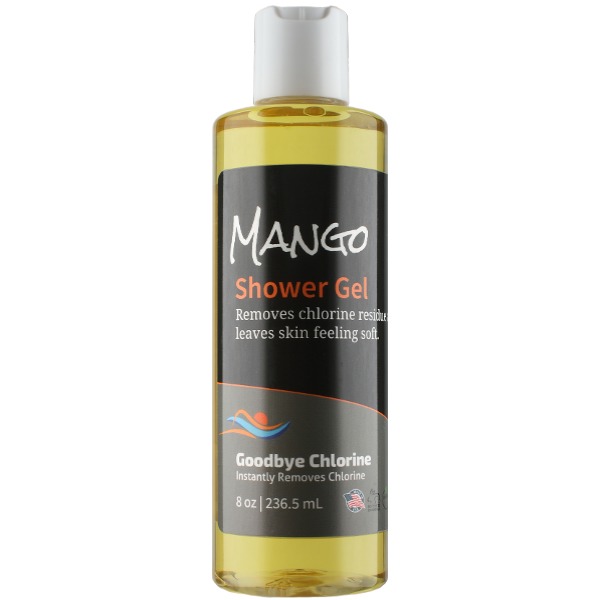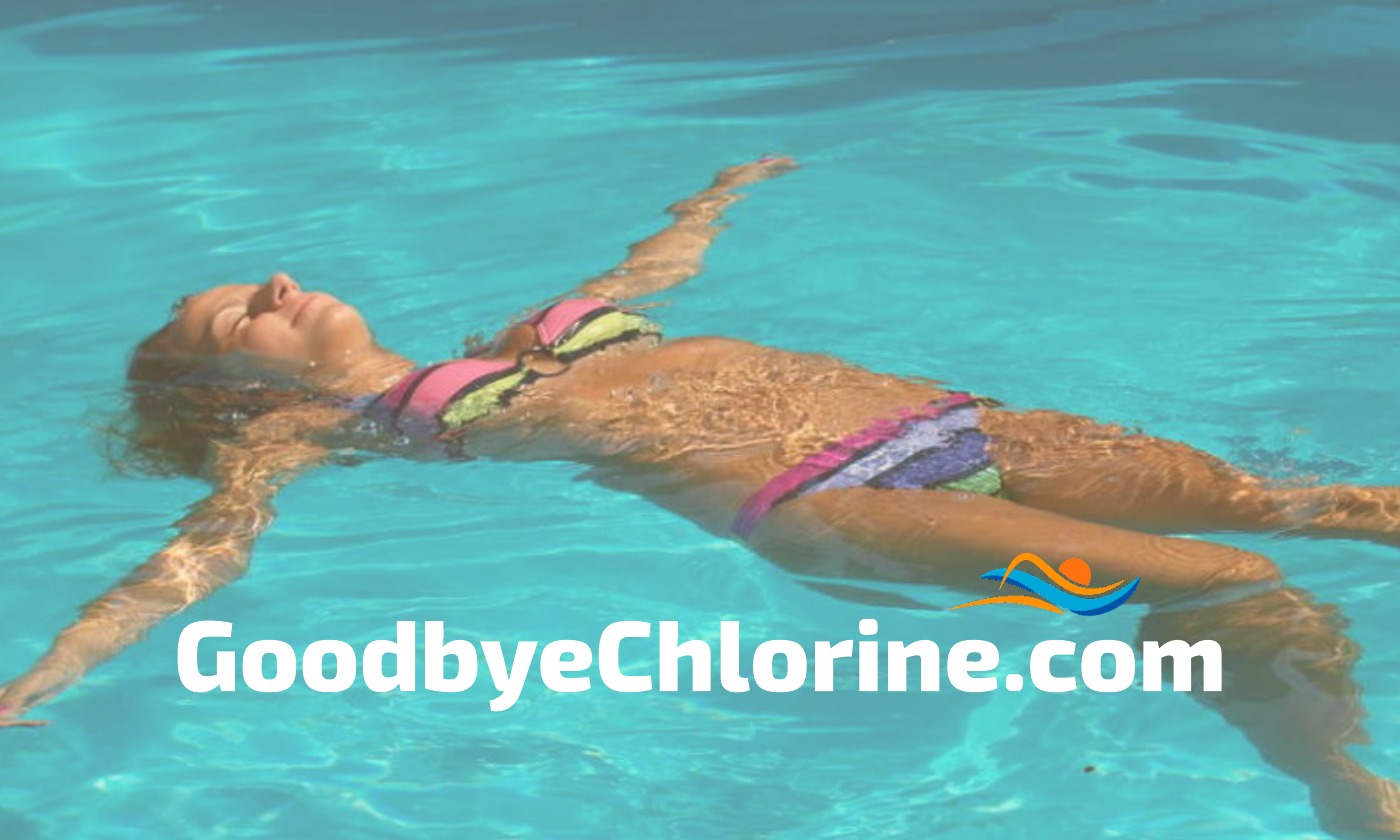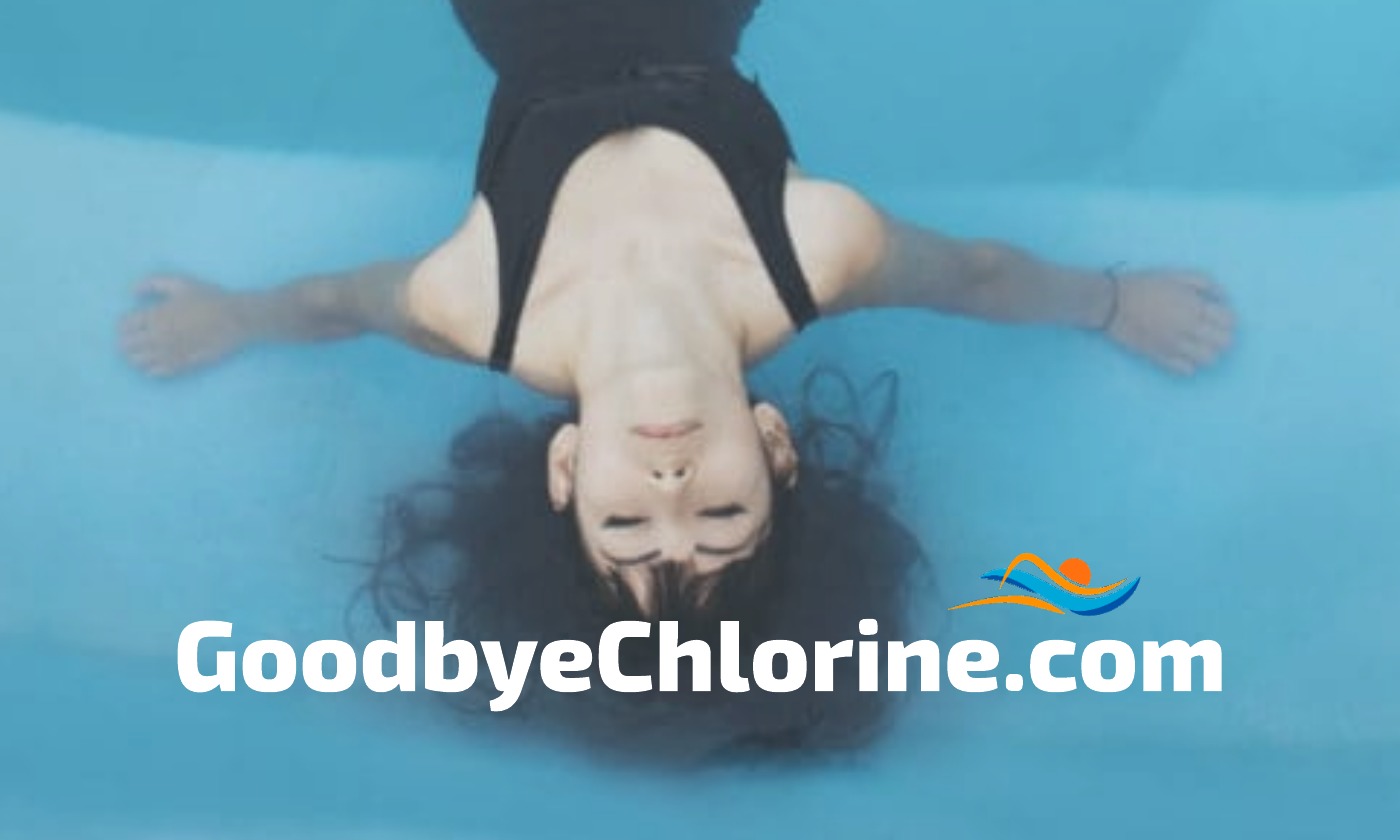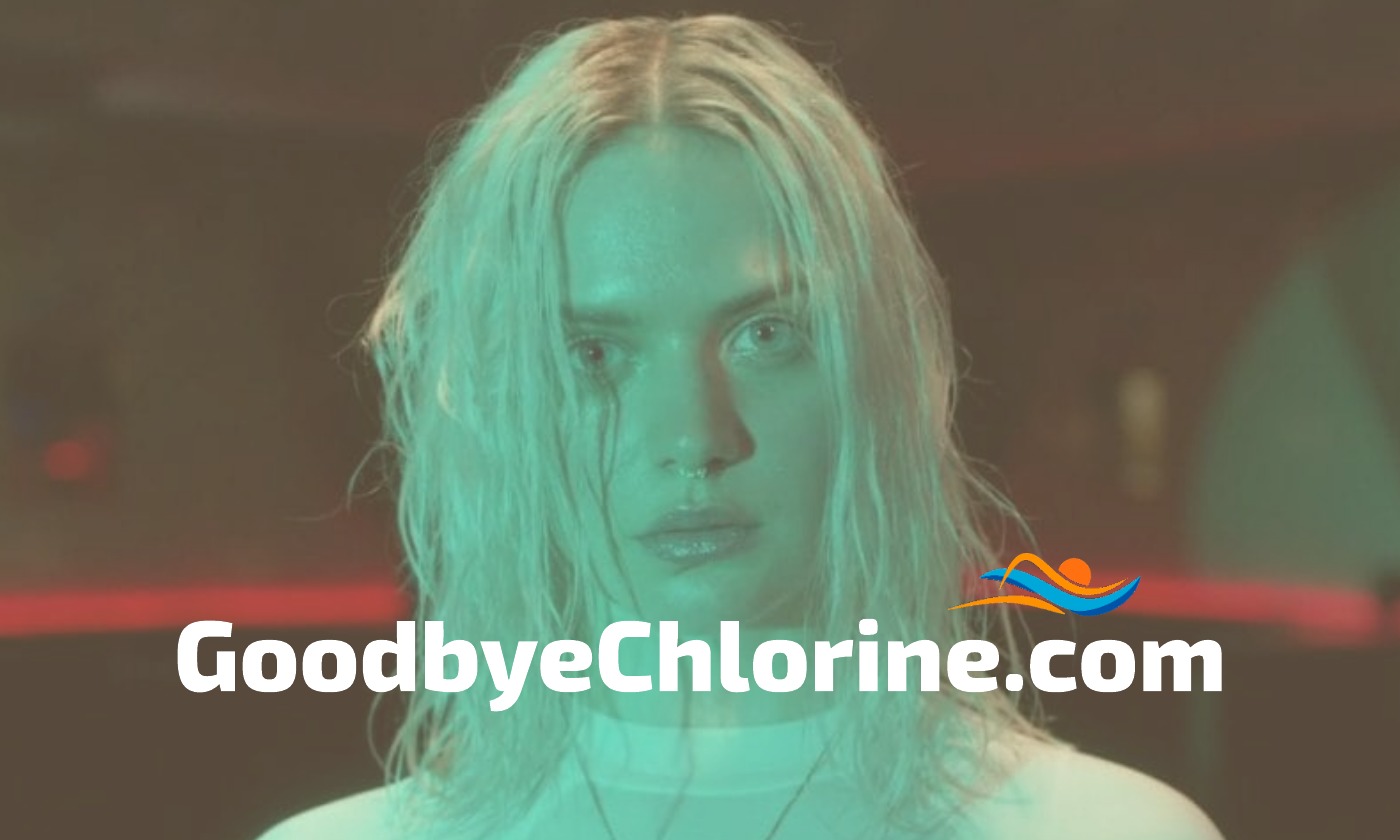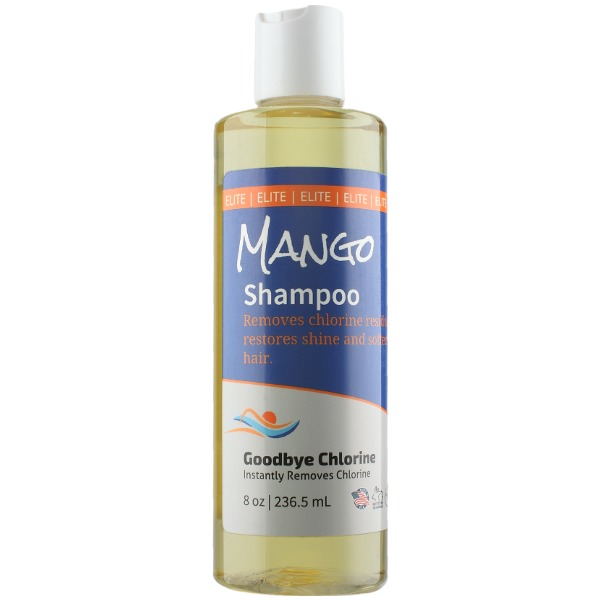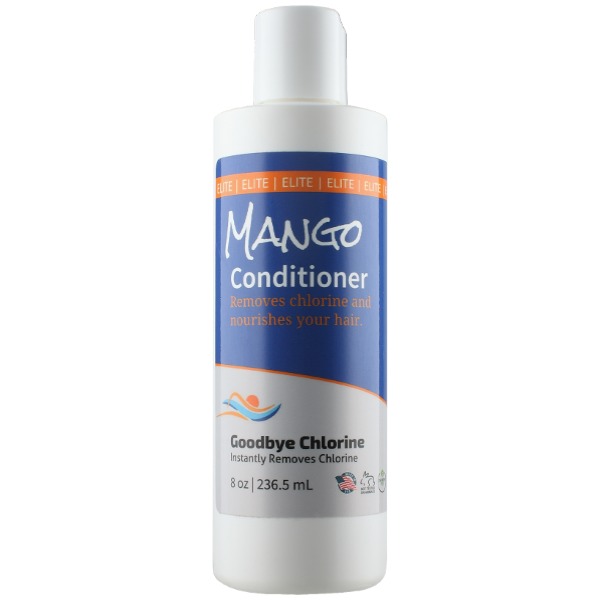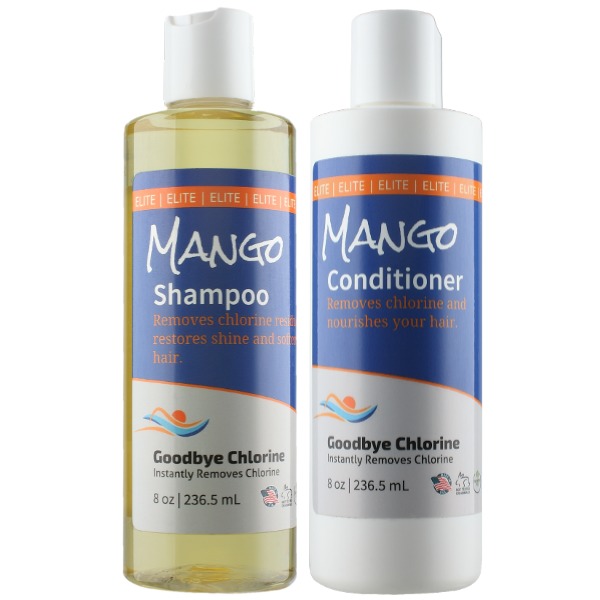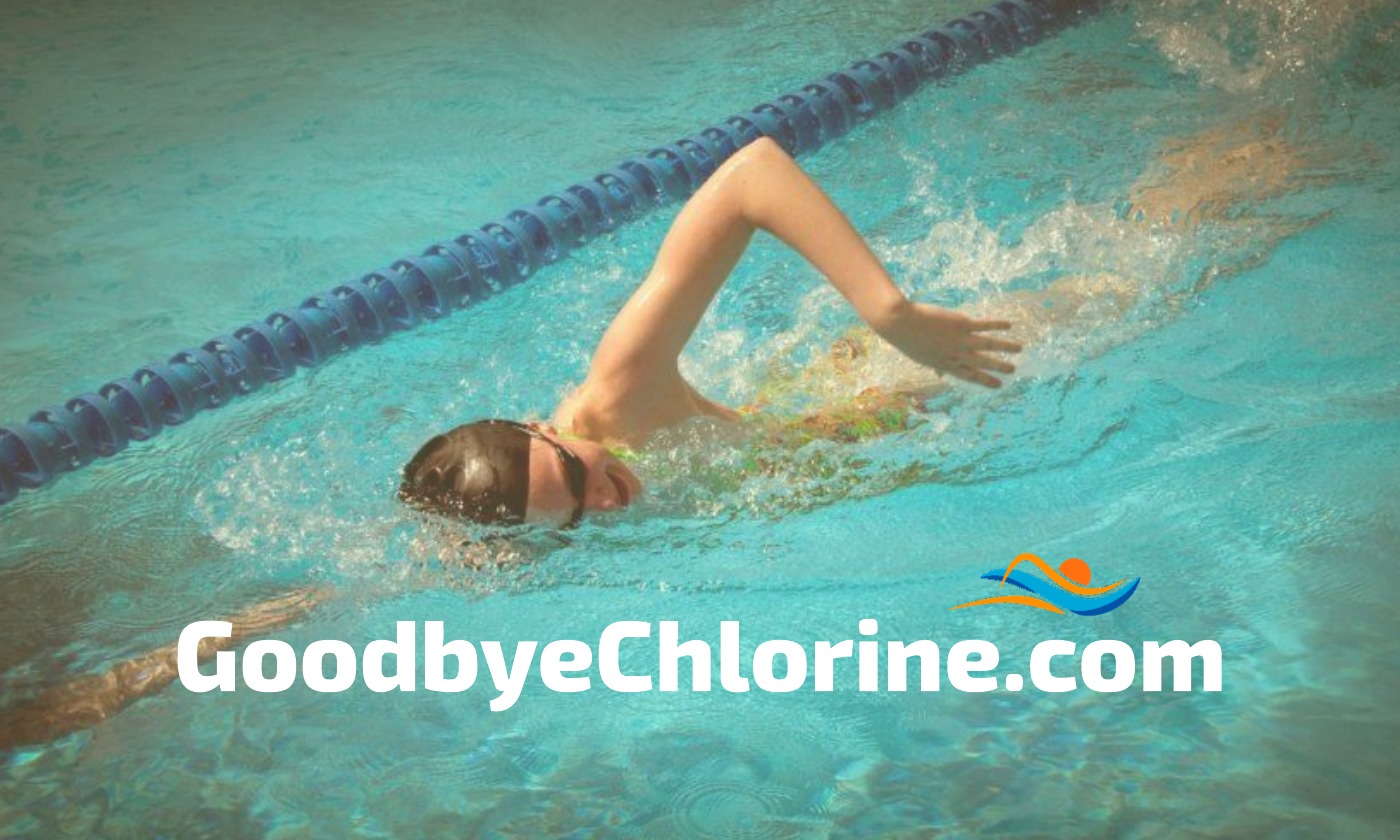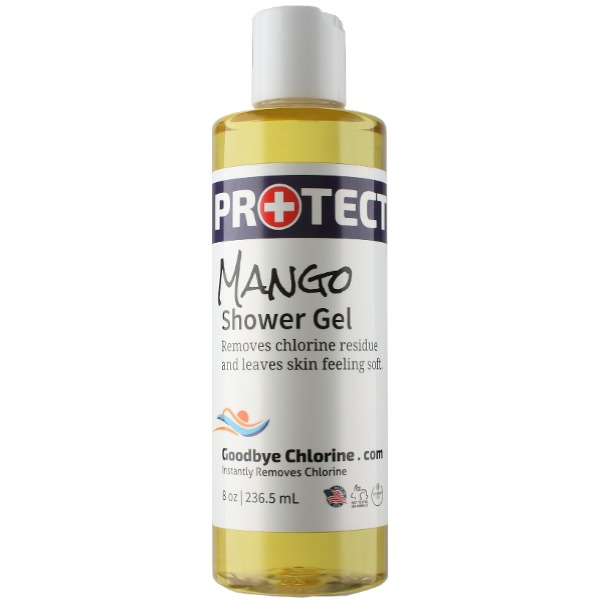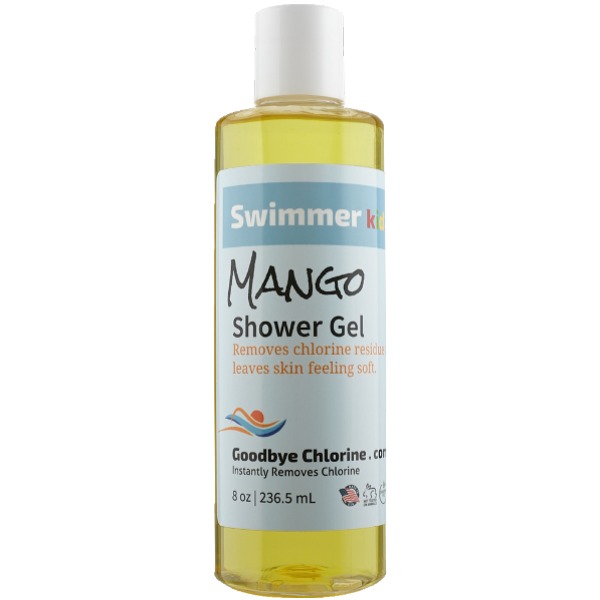
Chlorine Hair, otherwise known as “swimmer’s hair” is dry, brittle hair that has been severely damaged by chlorine. Under the right conditions swimmer’s hair may even have a greenish tint to it. Fortunately, swimmers hair is easy to prevent and fix if you do this one thing.
Jump to: How To Fix Chlorine Hair
Chlorine Hair: What is it exactly?
In the most basic sense, chlorine hair is hair that has been severely damaged by chlorine and may have a greenish tint. Swimmer’s who spend hours in the pool or who swim every day are subject to the damage caused by chlorine if they don’t work to prevent it.
Chlorine is a great chemical for keeping our pools sanitized–and thank heavens for that. Nobody wants to swim in a filthy public swimming pool. However, chlorine is highly toxic. It is even deadly in high concentrations. Just to give you an idea of how deadly chlorine gas can be, it has been used in chemical warfare.
Obviously, the concentration of chlorine in swimming pools is much lower (only about 1 ppm), but you’ve probably notice some of the side effects: red eyes, coughing, dry skin, and even chlorine hair.
Chlorine damages your hair after prolonged swimming. It’s attracted to organic matter–and you guessed it–your body and hair is a giant chlorine magnet. Chlorine forms a strong bond to your hair and the more you swim through the water, the more chlorine bonds to your hair.
The chlorine is alkaline which makes the cuticle of your hair lift. When your hair is healthy and shiny, the cuticle lies flat and locks moisture into your hair. When your cuticle lifts, more chlorine can strip the moisture from your hair and they cycle continues. Because your hair cuticle have lifted is one reason why your hair feels dry, brittle and rough after swimming.
How to Prevent Chlorine Hair
We’ve previously written this comprehensive article on how to prevent swimmer’s hair. Here is the summary:
- Wet your hair before swimming: Take a shower and soak your hair with tap water. Your hair acts like a sponge. By soaking your hair with tap water, it will absorb less pool water.
- Don’t use regular shampoo: Because regular shampoos are formulated to remove dirt and grease, they don’t work well for swimmers.
- Use natural oil: Adding a little natural oil to your hair before you swim provides some protection from the chlorinated water.
- Better yet, use swimming-specific conditioner: Use a small amount of swimming-specific conditioner. It will provide a little protection between our hair and the pool water.
- Wear a swimming cap: Wearing a swimming cap provides the best protection between your hair and the swimming pool. It keep the pool from constantly washing through your hair and minimizes the damaged caused by chlorine.
It is impossible, however, to keep chlorine off of your hair. The pool water will rinse out oils and conditioners, and no matter what swimming cap you wear, pool water will find its way inside. It’s a good idea to use a swimming-specific shampoo and conditioner after swimming to remove the chlorine that has attached to your hair and prevent the long-term buildup of chlorine.
Why Normal Shampoo Doesn’t Work
Normal shampoo doesn’t release the strong chlorine bond has with your hair. A swimming-specific shampoo like these do. Normal shampoo is also designed to remove dirt while swimming specific shampoo is gentle and designed to gently remove impurities such as the neutralized and residual chlorine.
Strong detergent shampoos will only make chlorine hair worse. A swimming-specific shampoo is best for removing chlorine after swimming.
How To Fix Chlorine Hair
The best way to fix chlorine hair is to use ELITE Conditioner. If you have chlorine hair–and we mean chlorine hair of the worst kind, then follow this procedure:
- Rinse your hair thoroughly with warm tap water.
- Apply a generous amount of ELITE Conditioner to your hair. Work through well. Massage the product gently into your hair.
- Once your hair becomes detangled, gently comb the product through.
- Wrap in a damp towel and let sit for 10 minutes.
- Rinse and repeat if necessary.
ELITE Conditioner is different than any other conditioner you’ve used and here’s why:
- Neutralizes Chlorine: ELITE Conditioner effectively neutralizes chlorine.
- Adds Moisture: It is formulated with coconut oil, olive oil, rice bran oil, mineral oil and vegetable glycerine which add moisture back into your hair.
- Replaces Critical Nutrients: It adds nutrients back into your hair that will help make your hair strong and shiny.
- Helps Rebalance pH: Because pool water is alkaline, it makes the hair cuticle stand up. This gives your hair a gritty feeling. Chlorine Plus works to neutralize the pH which relaxes the cuticle allowing it to lay flat again. When the cuticle scales interlock, they trap the moisture in your hair. It will leave your hair looking shiny and feeling smooth.
- Removes Impurities: Chlorine Plus conditioner contains Aztec Clay. Aztec Clay works well to remove impurities like residual chlorine. This works much better on damaged hair than using strong detergents or clarifying shampoos.
ELITE Conditioner also works well as a solo product to maintain and protect healthy hair. If you only want to carry one hair product to the pool, we recommend this one.
Articles you may find helpful
Swimmer’s Hair: How to avoid it and fix it.
Anti-Chlorine Shampoo and Conditioner: Instantly Removes Chlorine
What causes “swimmer’s hair” and how to care for it.
Should you use anti-chlorine soap, or anti-chlorine spray?
Shampoo avid swimmers use to win the chlorine battle.
The Science of Chlorine: Why it’s important for public health.
Protect your hair color from swimming pool chlorine.
Chlorine-removal body wash for swimmers.
How swimmers protect their hair and skin from chlorine.
Soap for Swimmers
Our recommendations, tips and deals.

